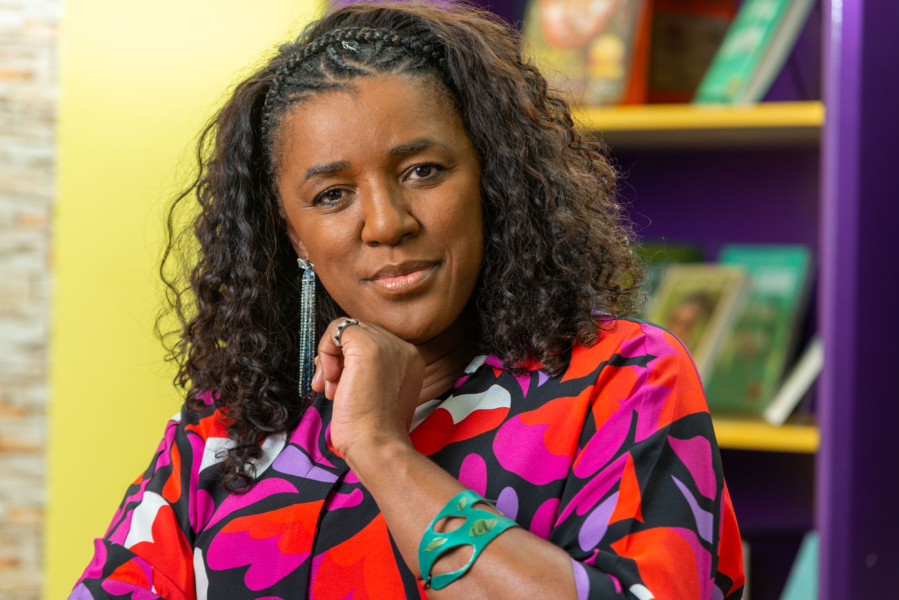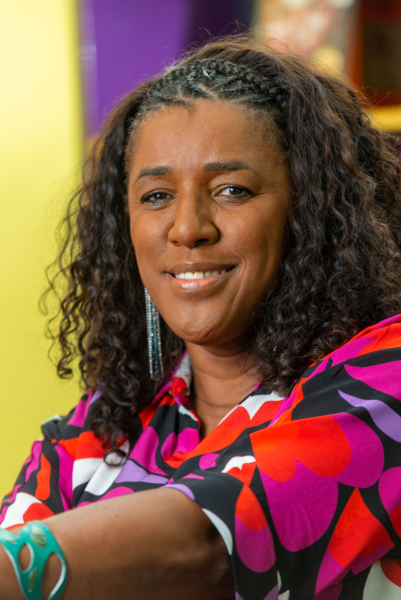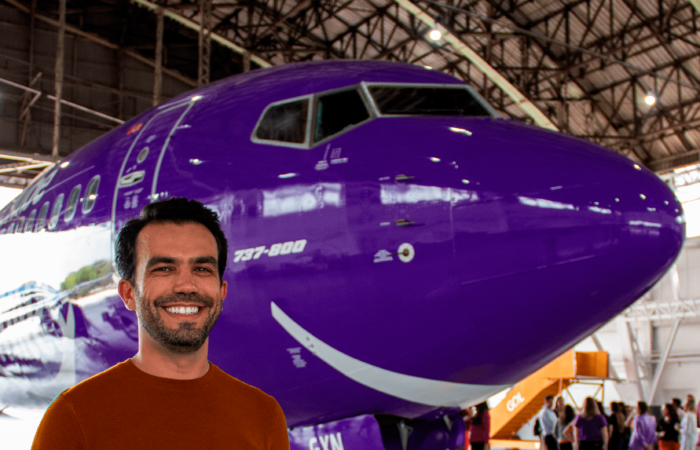
Photos: Gladstone Campos / Special Reputation Feed
Recently elected to chair the Board of Directors of the UN Global Compact in Brazil, Rachel Maia strengthens her work towards social, environmental and governance issues. One of the rare black women to have held the position of CEO in large companies in the country, Rachel says that a company that connects results with humans as part of its DNA brings a great reputational reference.

In an exclusive interview with Reputation Feed, the executive, who has already commanded Tiffany & Co Joalheria, Pandora and Lacoste Brasil, states that the great challenge for corporate leaders in Brazil, from the point of view of ESG practices, is to have a purpose in transformation and put it into practice. it in action. According to Rachel, this attitude applies both to the Environmental, Social and Governance areas and to more specific issues covered by the letter S in the acronym. One of them is diversity. “Diversity alone is not enough. I have to have women in leadership, but I have to make these women feel like they belong. I have to have LGBTQIAP+ as part of the leadership, but I have to make them feel like they belong. I have to have black and brown people in leadership, but I have to make the ecosystem actually embrace them.”

CEO of RM Consulting, Rachel, who is the founder of the social project Capacita-me, currently provides consultancy in Diversity and Inclusion, Retail and Leadership, in addition to acting as an advisor to the SOMA Group. In her view, Brazil has knowledge in this area, has already made a lot of progress, but needs to accelerate. “I have to open up more opportunities for those who are not like me. I have to look in places that are not the same. If I look at the same agencies, I will get the same references. I have to cross the bridges and go to the outskirts. I have to give opportunities to those who, before, I didn’t look at.”
Recently nominated as one of the 500 most influential people in Latin America by Bloomberg Línea, Rachel received the RF in the Merkadim showroom, a sustainable products marketplace that she supports.
Below, see some points from the interview:
Rachel also sheds light on the importance of disseminating actions involving the UN Global Compact in Brazil, you Sustainable Development Goals (SDGs) and the Agenda 2030. “We have to be committed to the 2030 Agenda. We have to be aware of the Sustainable Development Goals”, he calls.
Check out this excerpt from the interview with Rachel:
The UN Global Compact in Brazil was created in 2003, and today it is the third largest local network in the world, with more than 1,500 members. In the country, around 40 projects are carried out to promote corporate social responsibility and sustainability, covering, in particular, the topics of water and sanitation, food and agriculture, energy and climate, human rights and labor, anti-corruption, engagement and communication.
The 2030 Agenda is the sustainable development agenda proposed by the UN, which integrates the 17 SDGs, which seek to ensure human rights, eradicate poverty, combat inequality and injustice, achieve gender equality and female empowerment, act against changes climate, among other challenges.
Nuria Saldanha is a journalist and consultant for ANK Reputation
nuria.saldanha@ankreputation.com.br




